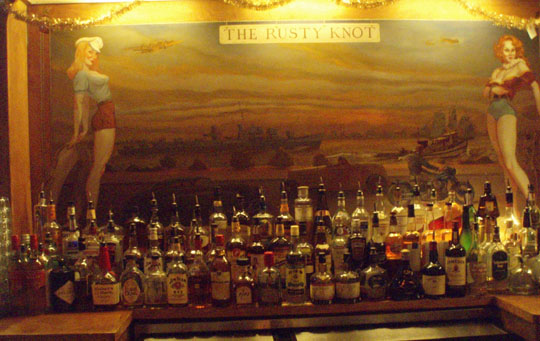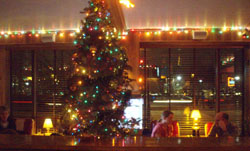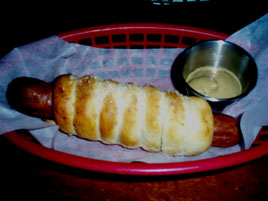Bar Primi
 Tuesday, February 3, 2015 at 05:39PM
Tuesday, February 3, 2015 at 05:39PM 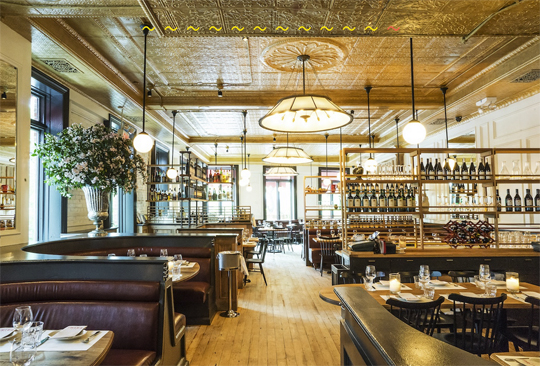
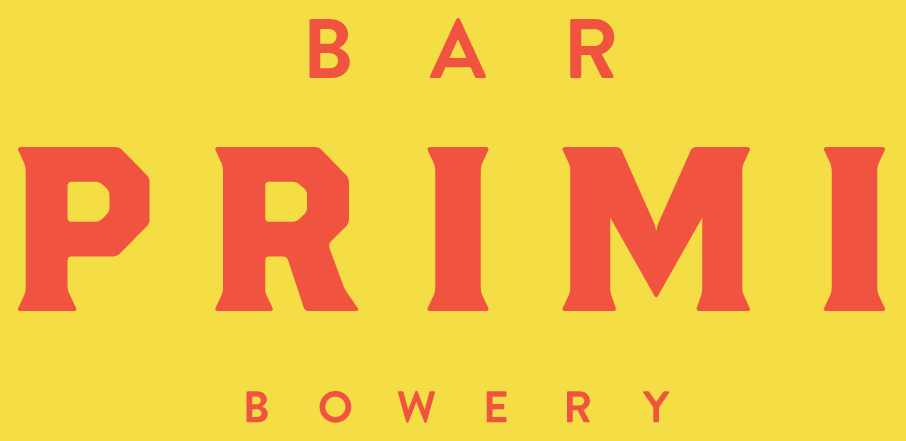 I’m still not sure if Andrew Carmellini truly wanted to be the king of middlebrow restaurants, or if he just stumbled on them by accident.
I’m still not sure if Andrew Carmellini truly wanted to be the king of middlebrow restaurants, or if he just stumbled on them by accident.
That’s not meant as an insult, though I’m sure it sounds like one. Carmellini’s restaurants are places where we could eat well every day, which is a good thing, because we have to eat every day. He has nailed the genre.
For now, he apparently has no appetite for destintion dining, and he used to be very good at that too. I wonder if he misses it?
Anyhow, welcome to Bar Primi, which isn’t a bar (though it’ll russle up a terrific cocktail if you ask for one). It’s named for the middle course of a traditional Italian meal, the primi. It’s as if a traditional Italian restaurant had lopped a page off the menu: it ends with the pastas.
Ryan Sutton, Eater’s restaurant critic, apparently had no sense of irony, when he wrote:
Leave it to Carmellini, Josh Pickard and Luke Ostrom, the team behind Locanda Verde, Lafayette and The Dutch, to give New York what it wants, which in this case is a late night pasta parlor where you and a buddy can eat and drink well for about $120. Bar Primi is essentially doing for Carmellini & Co. what Parm is doing for the Torrisi boys: it provides an entry-level Italian experience that can still excite fans of the group’s more expensive brands.
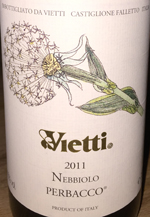 It’s not a crazy idea. Americans have an indistinct relationship with the pasta course: it can serve as an appetizer, or it can be a meal in itself. Very few, in my experience, actually order it as a middle course, between an appetizer and an entrée: it’s just too much food. Still, the menu at Bar Primi is a bit disorienting. It feels like two-thirds of a restaurant, and despite Sutton’s protestations, not exactly cheap.
It’s not a crazy idea. Americans have an indistinct relationship with the pasta course: it can serve as an appetizer, or it can be a meal in itself. Very few, in my experience, actually order it as a middle course, between an appetizer and an entrée: it’s just too much food. Still, the menu at Bar Primi is a bit disorienting. It feels like two-thirds of a restaurant, and despite Sutton’s protestations, not exactly cheap.
For the sops who must have secondi, there’s a rotating line-up of them—one per day—and sometimes an extra announced special. Or you can have roast beef, Italian peppers, provalone and arugula on a hamburger bun, which is dubbed “the sandwich,” as the restaurant serves no other. We didn’t try it, but we saw a specimen at another table: it looked terrific.
The bulk of the menu consists of little snacks, or piccolini ($9–14), antipasti ($14–17), and two groups of pastas, traditional and seasonal ($14–22). That sandwich is $16, and the few secondi offered are $23–33.




























